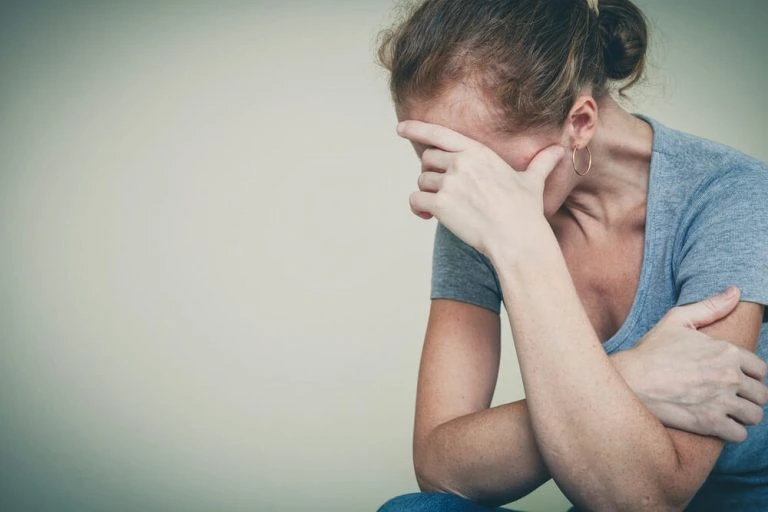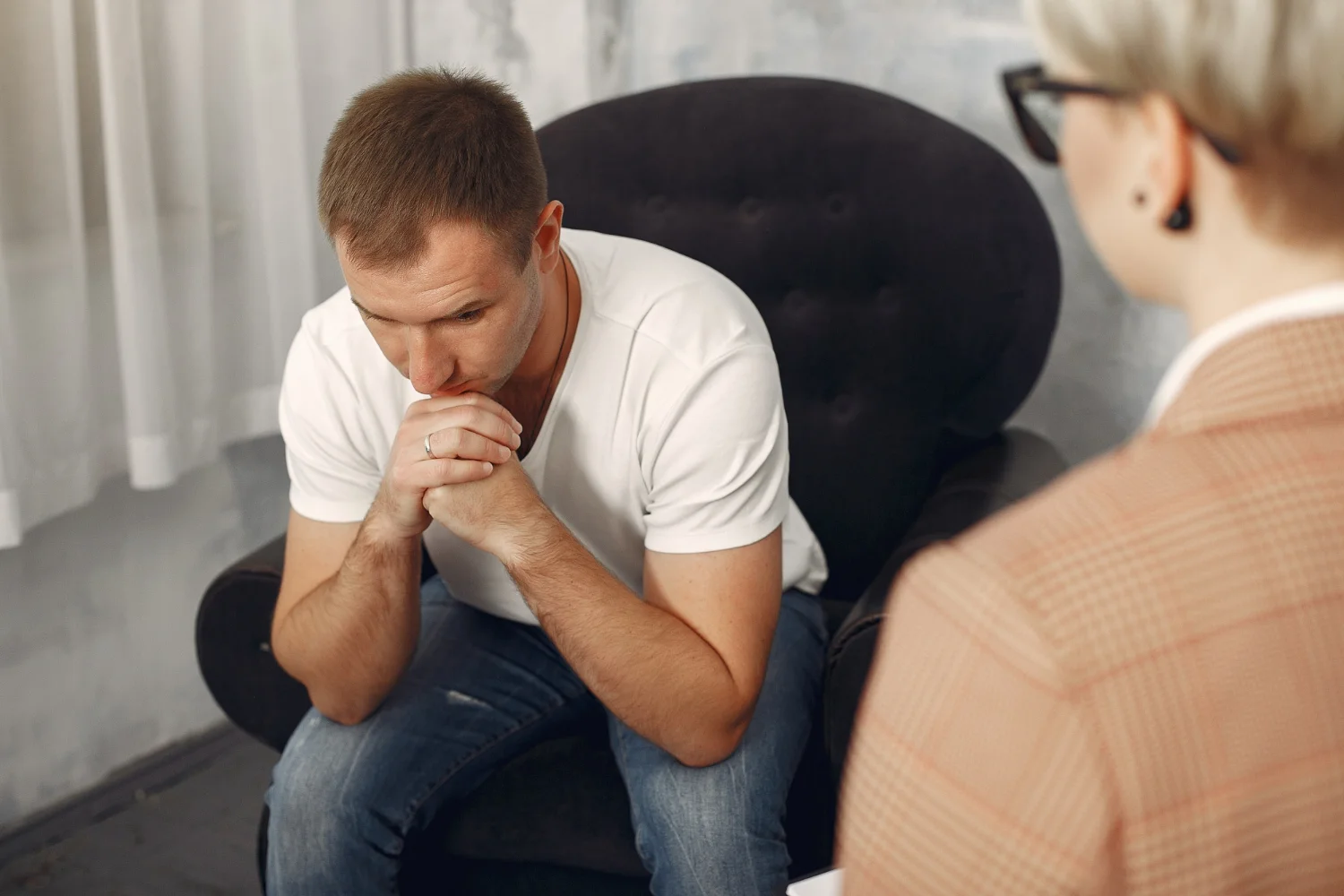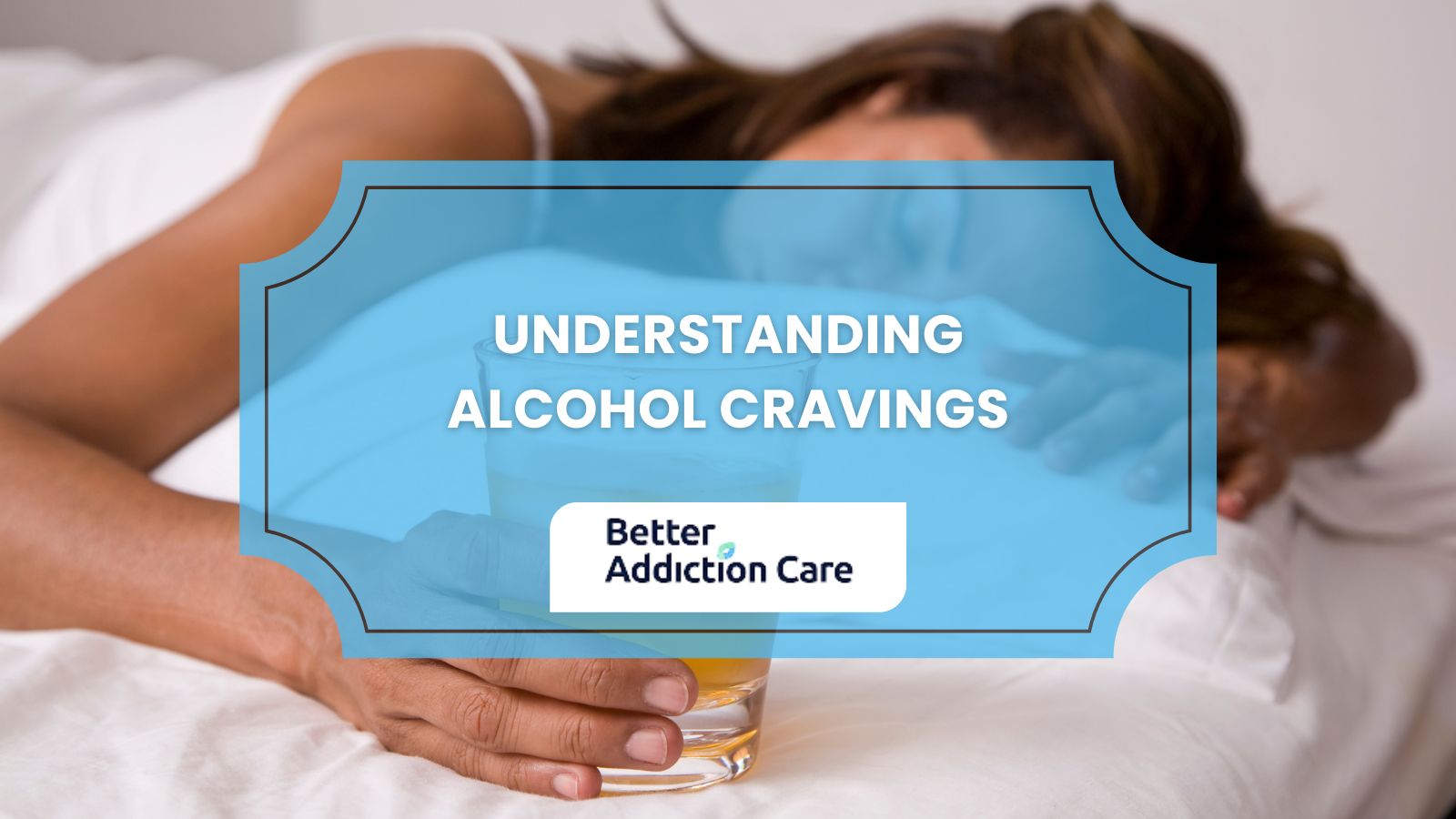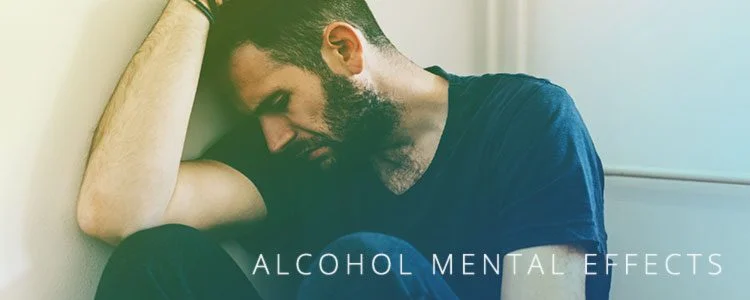Although you may think of it as a failure, the truth is that about 40% to 60% of people recovering from substance use addictions will relapse within the first year. Thus, many alcohol addiction experts now consider alcohol relapse almost as a normal part of the journey toward recovery.
What is an Alcohol Relapse?
An alcohol relapse is a condition that happens when a person with alcohol use disorder who has previously quit or substantially reduced their drinking starts to drink excessively again. As we have highlighted, relapse is pretty common and even considered an expected setback on the recovery path of alcoholics. Among treated individuals, the short-term relapse rate is 20 to 50%, and this can increase as high as 50 to 80% among untreated individuals.
It is important to raise awareness of the fact that relapse does not mean that treatment has been unsuccessful but rather is a challenge that needs to be overcome. Most of the time, people can use alcohol relapse as an opportunity to adjust their recovery strategies and seek appropriate help to maintain sobriety.
Causes of Alcohol Addiction Relapse
Alcohol addiction relapse is caused by triggers such as stress, poor self-care, exposure to high-risk environments, unresolved mental health issues, and withdrawal symptoms.
By acknowledging and understanding your precipitating factors, you can anticipate potential challenges, lay out strategies to prevent future relapses and remain sober. Some of the most common causes of alcohol relapse are:
Triggers
- Stress
- Loneliness
- Happiness
- Excitement
- People (E.g., friends, family members, drinking buddies)
- Places (E.g., Bars, parties, social gatherings)
- Alcohol advertisements
- Withdrawal symptoms
Environmental factors
- Peer pressure
- Lack of support
- Damaged family relationships
- High-stress jobs
Comorbid mental health issues
- Depression
- Anxiety
- Post-traumatic stress disorder
- Addiction to other substances
What are the Stages of Alcohol Relapse?
It is interesting how people have the erroneous belief that preventing a relapse is as easy as rejecting the drink that is in front of you. However, you'll be surprised to know that relapse may start way before a drop of alcohol reaches your mouth. Relapse has three stages, each with specific characteristics and warning signs.
Stage 1: The Emotional Phase of Alcohol Relapse
The first stage is the emotional phase of relapse. During this stage, you may not be thinking about drinking. However, there are some negative emotions and behaviors that can start to undermine your willpower and set the stage for a relapse. For example, your stress levels can increase, which may make it difficult for you to control your negative feelings. Additionally, some disruptive emotions can lead to negative self-talk that can undermine your control.
The warning signs of this stage are:
- Mood swings
- Irritability
- Denial of cravings
- Skipping support group meetings
- Social isolation
- Neglecting self-care
- Feeling emotionally overwhelmed
- Restlessness
- Negative self-talk
- Lack of motivation for daily activities
If you spot any of these warning signs, you must pay attention to your physical and emotional needs. Going back to the basics of recovery like focusing on your self-care and learning how to cope with your emotions, helps you overcome this stage and remain sober.
Stage 2: The Mental Phase of Relapse
The second stage of relapse is the mental phase of relapse, characterized by an internal conflict between the desire to drink and the commitment to sobriety. Because you neglected your self-care, it's more likely that you will start thinking more and more about drinking again. During this stage, your cravings begin to win over the voice in your head that is telling you to stay sober. Increasing levels of frustration and discouragement may start to build up and leave you on the verge of a relapse.
The warning signs of the mental phase of alcohol relapse are listed below.
- Bad alcohol cravings
- Thinking of drinking constantly
- Rationalization and justification of your drinking thoughts
- Start glamorizing past drinking days
- Self-negotiation about controlled drinking
- Sleep disturbances
- Planning relapse scenarios
- Lack of engagement in recovery activities
- Self-doubt
- Minimizing the consequences of relapse
Any of these warning signs warrants you to take action to regain control over your drinking thoughts. Having occasional and mild cravings during the recovery process is normal. However, when you start thinking about it and devising plans to do it constantly, you need help before it's too late.
Stage 3: The physical phase of Alcohol relapse
The final stage of relapse is the physical phase, the actual consumption of alcohol again. In this phase, you finally act on your cravings and desires that have been building up for quite a few days. This part of the relapse process involves actions like purchasing alcohol, finding places to drink, and denying behavior to cover up for their relapse. Right after alcohol is consumed, you may experience intense feelings of regret, guilt, and even shame.
The warning signs of the physical phase of alcohol relapse are listed below.
- Consumption of alcohol in a public place
- Exhibit poor work performance
- Attendance problems at work or school
- Drinking alone or in secret
- Engaging in risky drinking behaviors
- Neglecting your responsibilities
- Feeling anxious over the consequences of relapse
- Feelings of guilt and regret
- Recurrence of withdrawal symptoms
When any of these signs occur, you are probably fully aware that you have experienced an alcohol relapse. If you are already enrolled in a treatment program, you should immediately contact your healthcare provider, counselor, mentor, or someone in your support group. They should be able to help you deal with your feelings of guilt and guide you on the next steps to recommit to your sobriety goal.
If you are not already enrolled in a treatment program, please remember that is never too late to seek help, and this is perhaps the perfect opportunity to do it.
Preventing and Coping with Alcohol Addiction Relapse
As you may have noticed, most recovering alcoholics may experience relapse or at least be tempted. Because alcohol relapse is now seen as a normal part of the recovery process, it doesn´t mean there are no ways to prevent the first relapse or subsequent ones. Because you do not know how your body and mind will react when you quit alcohol for the first time, it is difficult to anticipate certain strategies to prevent it. However, once you learn from the experience and mistakes of your first relapse, you can plan a better strategy with higher chances of success. Let's dive into how to make an effective relapse prevention plan.
Relapse Prevention Plan for Alcohol Addiction
Having a good relapse prevention plan can be tremendously helpful for maintaining sobriety. Identifying possible challenges and anticipating them in a structured way can be crucial. You must understand that someone’s experience might be different than yours, and therefore, you may want to have some flexibility to adjust your plan to your own needs. The following step-by-step plan can serve as a general guide, which you can adapt based on your situation:
- Identify your triggers and precipitating factors.
- Recognizing the warning signs of alcohol relapse.
- Developing coping mechanisms (E.g., Mindfulness, meditation, stress management techniques, cognitive behavioral therapy, positive self-talk, and healthy routines).
- Build a strong support network that integrates your family, friends, peers, and therapists.
- Know what to do in case of emergencies (Contact support, visit safe spaces, engage in distraction activities).
- Set clear goals in the short and long term.
- Monitor your progress on a daily or weekly basis
- Educate yourself about alcoholism and the journey towards recovery.
- Keep yourself updated and learn new ways to fight alcohol relapse.
How are Alcohol Withdrawal Symptoms Diagnosed?
Alcohol withdrawal symptoms are diagnosed through a combination of clinical evaluation, patient history, and standardized assessment tools. Here's how the process works.
Clinical Evaluation
- Physical Examination: Doctors assess vital signs such as heart rate, blood pressure, temperature, and signs of tremors or sweating.
- Mental Status Check: Evaluation of cognitive function, mood, and orientation to detect confusion, hallucinations, or agitation.
Medical History
- Alcohol Use History: Physicians ask about the duration, quantity, and frequency of alcohol consumption.
- Previous Withdrawal Episodes: Prior experiences with withdrawal help predict severity.
- Co-occurring Conditions: Mental health disorders or other substance use can influence diagnosis and treatment.
Diagnostic Tools
Timing of Symptoms
- Symptoms typically begin 6–24 hours after the last drink.
- Peak severity occurs between 24–72 hours.
- Severe cases may develop delirium tremens (DTs), which can be life-threatening and require immediate medical attention.
Recovery and Treatment Options for Alcohol Addiction Relapse
Experiencing a relapse can be devastating for a recovering alcoholic, especially if it's the first time and they are not aware of how common it could be. Once a relapse has happened, the next step is to seek help from your professional healthcare provider to create your new game plan to handle a relapse. Apart from laying out a relapse prevention plan like the one we discussed above, your physician may recommend a combination of the following treatment approaches to get you back on track:
- Medical treatment: Inpatient or outpatient rehab, medication-assisted treatment such as naltrexone, disulfiram, and acamprosate.
- Cognitive Behavioral Therapy (CBT)
- Regular and structured follow-ups
- Enrolled in support groups and programs such as Alcoholics Anonymous (AA), Moderation Management (MM), and SMART Recovery
- Practice healthy coping mechanisms: Yoga, mindfulness techniques, meditation, and regular exercise.
- Attend family or couples therapy
What is the difference between a relapse and a Slip?
The difference between a relapse and a slip lies in their severity and impact on recovery: A slip is a brief, isolated return to substance use, a single event, followed by a quick recommitment to sobriety, while a relapse is a more prolonged return to addictive behavior that typically involves a breakdown in recovery efforts and may require renewed treatment.
Aspect
|
Slip
|
Relapse
|
| Definition |
A brief, one-time return to substance use |
A sustained return to addictive behavior |
| Duration |
Short-lived, often a single incident |
Longer-term, may involve repeated use |
| Intent |
Usually unplanned or impulsive |
Often involves a conscious decision to abandon recovery efforts |
| Recovery Impact |
Minimal if addressed quickly |
Significant; may require renewed treatment or intervention |
| Emotional Response |
Guilt or shame, but often followed by recommitment |
Feelings of failure, hopelessness, or denial |
| Support Needed |
Encouragement, accountability, and reflection |
Structured support, possibly professional help |
| Risk Level |
Lower if managed promptly |
Higher risk of long-term consequences |
| Common Triggers |
Stress, temptation, or emotional distress |
Breakdown in coping strategies, loss of motivation, or unresolved issues |
Conclusion
As frustrating as it may seem, alcohol relapse is part of the recovery process. You should not feel guilty or ashamed. Instead, use the opportunity to learn more about relapse and develop an effective relapse plan that helps you overcome alcoholism and maintain your sobriety.
Better Addiction Care is here to help you on every step of your journey to recovery. Our helpline is available 24/7 at (800) 429-7690. Call us and get help today!








